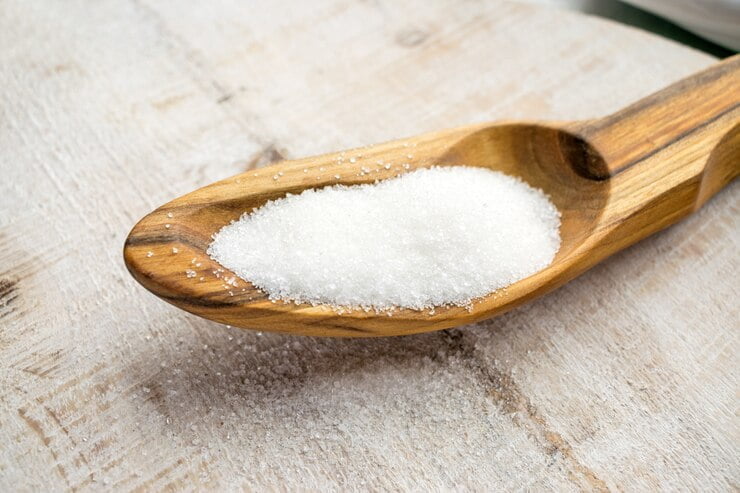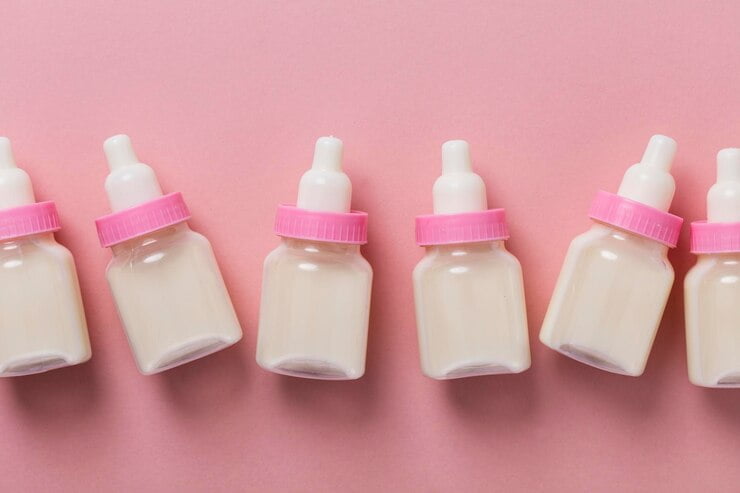Why Does The Hydrolyzed Baby Formula Not Contain Synthetic Sweeteners?
by Sumona How to Guides Published on: 23 November 2022 Last Updated on: 02 October 2023

There are many things to think about when you become a parent. What kind of car seat is best? What stroller will fit in the back of my car? How do I Childproof my home? And, most importantly, what kind of formula should I feed my baby?
For parents who are looking for the best formula for their baby, they may have come across the Hydrolyzed baby formula. This formula is designed to be easy on a baby’s tummy and is made with quality ingredients.
One thing that sets Hydrolyzed baby formula apart from other formulas on the market is that it does not contain synthetic sweeteners. But why is this important, and what are artificial sweeteners anyway? Let’s take a closer look.
What are Synthetic Sweeteners?
Synthetic sweeteners are artificial chemicals that add sweetness to food without adding calories. These sweeteners are often sweeter than sugar so a small amount can go a long way. You may have seen some common synthetic sweeteners listed on food labels, such as:

- Aspartame
- Sucralose
- Saccharin
- Neotame
- Advantame
- Acesulfame potassium (Ace-K)
These artificial sweeteners can be found in all sorts of food and drinks, such as diet sodas, baked goods, candy, desserts, chewable vitamins, cough drops, and even toothpaste!
And while synthetic sweeteners may seem like they would be a great way to add sweetness without the calories or carbohydrates, there are some downsides to consider – especially when it comes to feeding these ingredients to babies.
Cons of Synthetic Sweeteners for Babies
While synthetic sweeteners may be calorie-free or low in calories, they are not necessarily carbohydrate-free. Some artificial sweeteners contain carbohydrates. For example, sucralose (also known by the brand names Splenda and Equal) is made from sugar – which means it does have carbs. So parents looking for a carb-free option for their baby may want to steer clear of formulas containing sucralose.
Another downside is that some research has linked the consumption of artificial sweeteners – particularly aspartame – to increased cancer risk. Some studies have also linked these ingredients to headaches, dizziness, weight gain, and other side effects.

However, it’s important to remember that most of this research has been conducted on animals or in test tubes – not humans. So more research needs to be done before we can say definitively that there are health risks associated with consuming artificial sweeteners.
Despite the lack of human studies, many parents prefer to err on caution when feeding their babies – which is why Hydrolyzed baby formula does not contain synthetic sweeteners.
Conclusion
Parents looking for a high-quality baby formula may want to consider Hydrolyzed Formula – especially if they want to avoid synthetic sweeteners. This formula is designed to be gentle on a baby’s tummy and is made with quality ingredients.
While more research needs to be done on the potential health risks associated with consuming synthetic sweeteners, many parents prefer to avoid caution when feeding their babies. And since Hydrolyzed does not contain any artificial sweeteners, it may be the perfect option for parents who want the best for their little ones.
Additional:







































































































